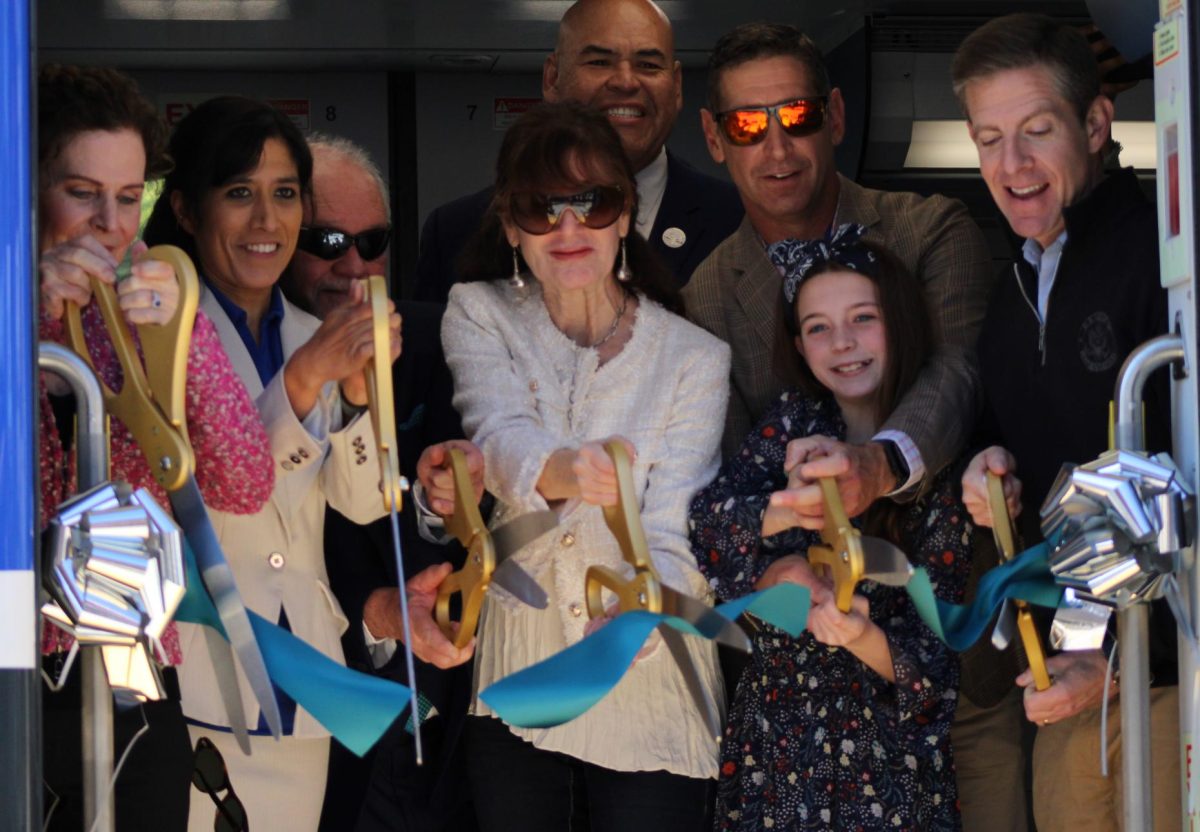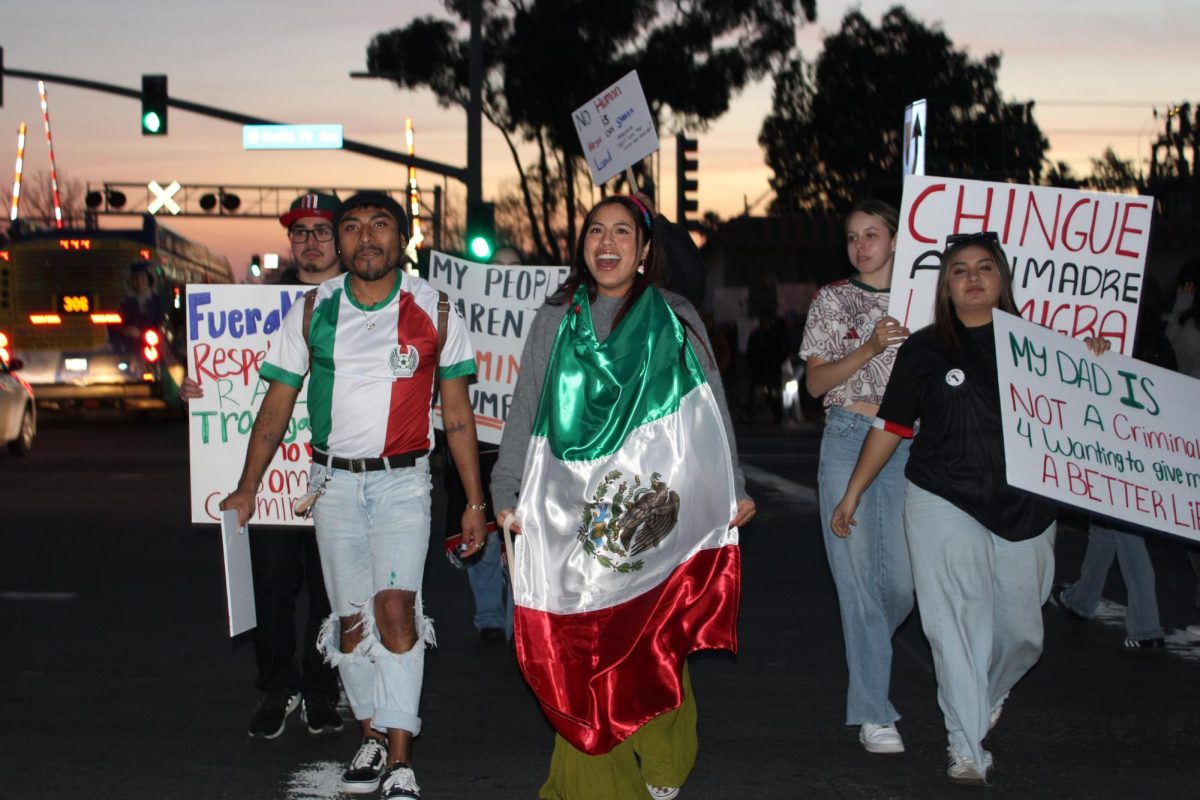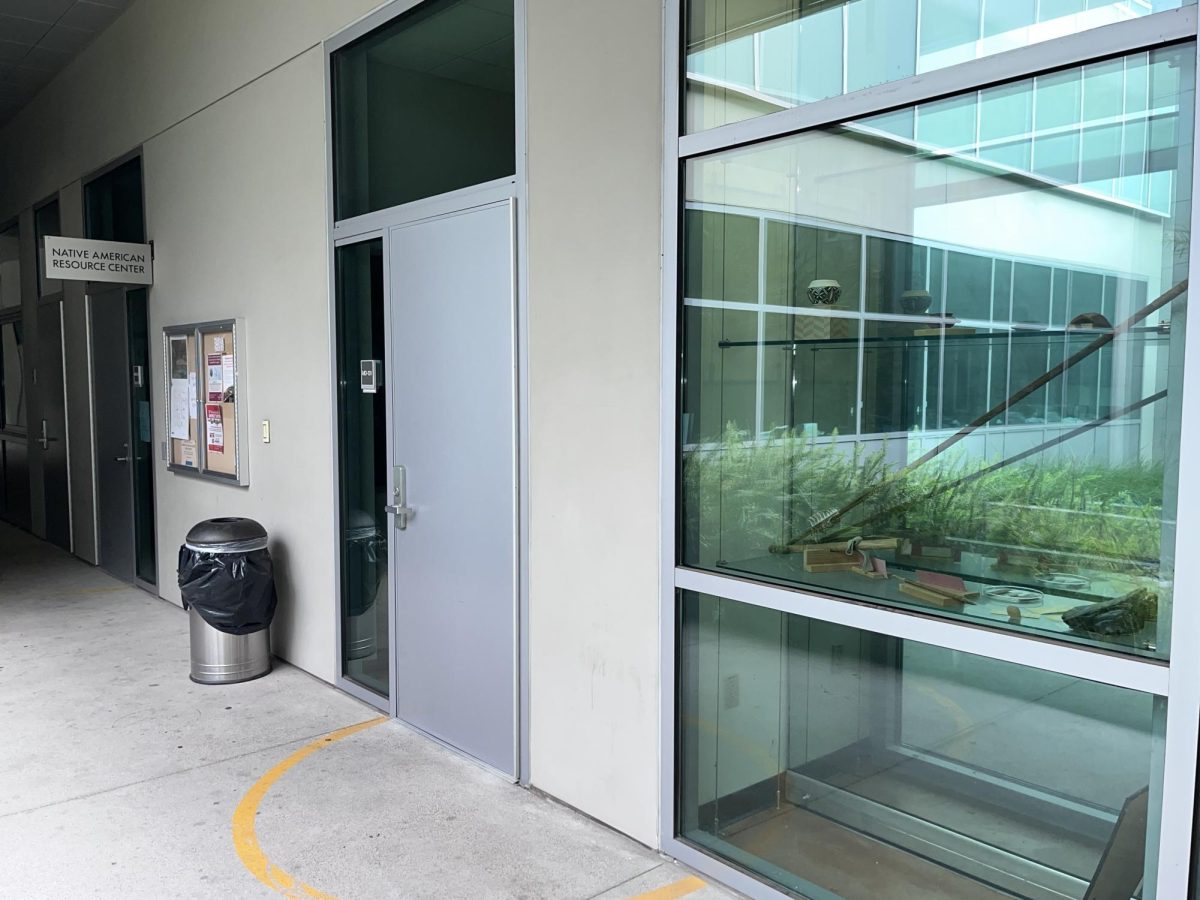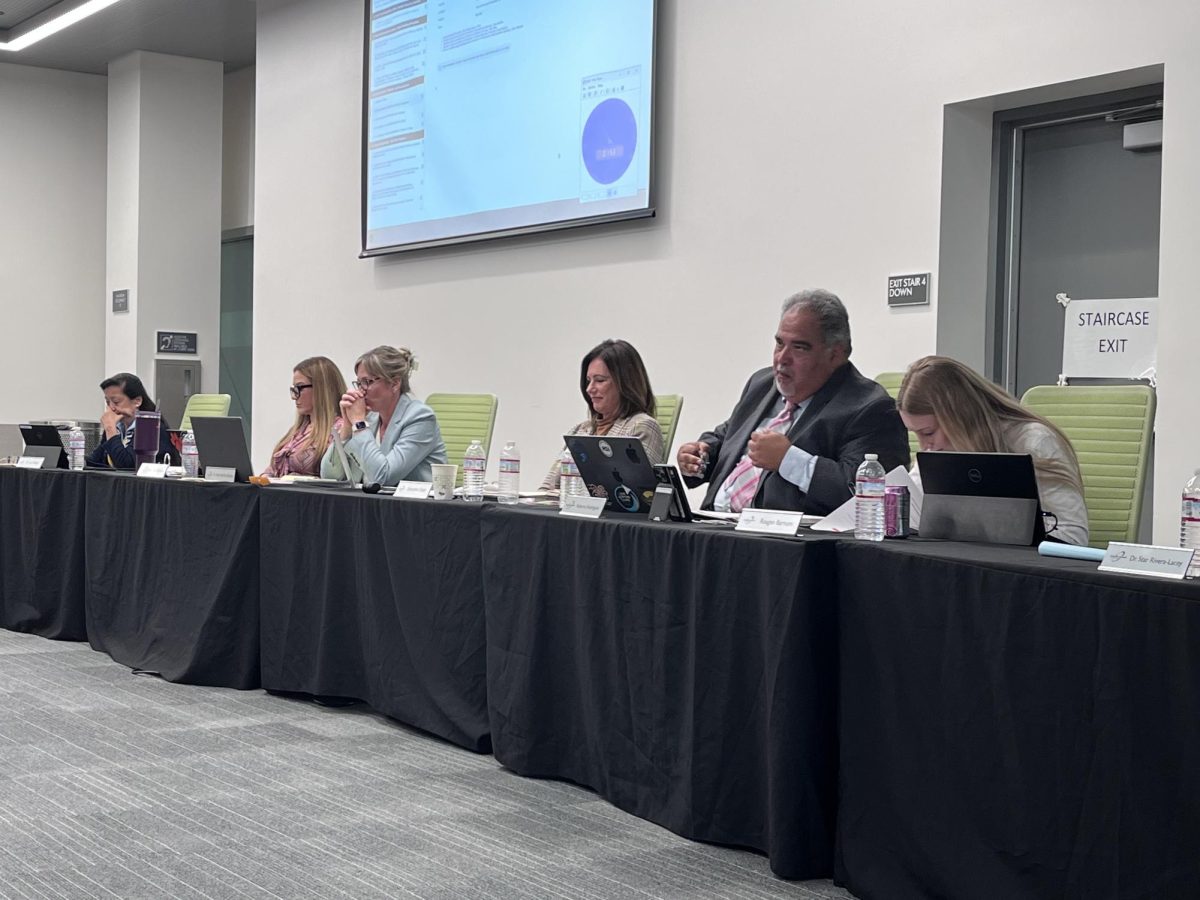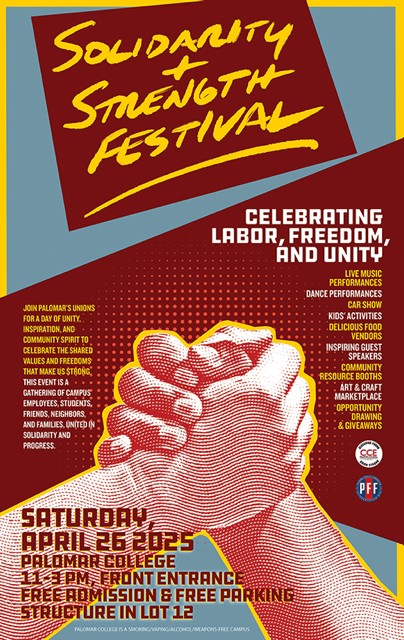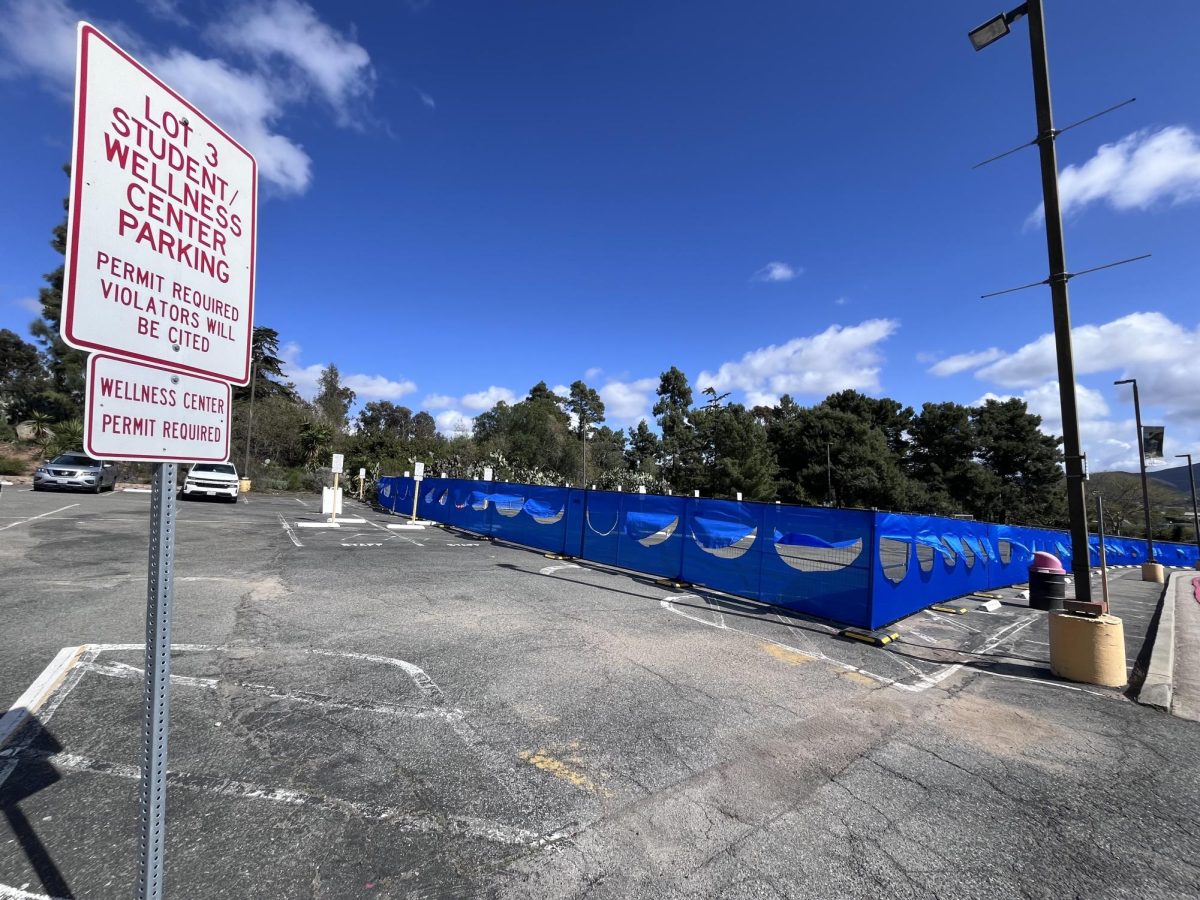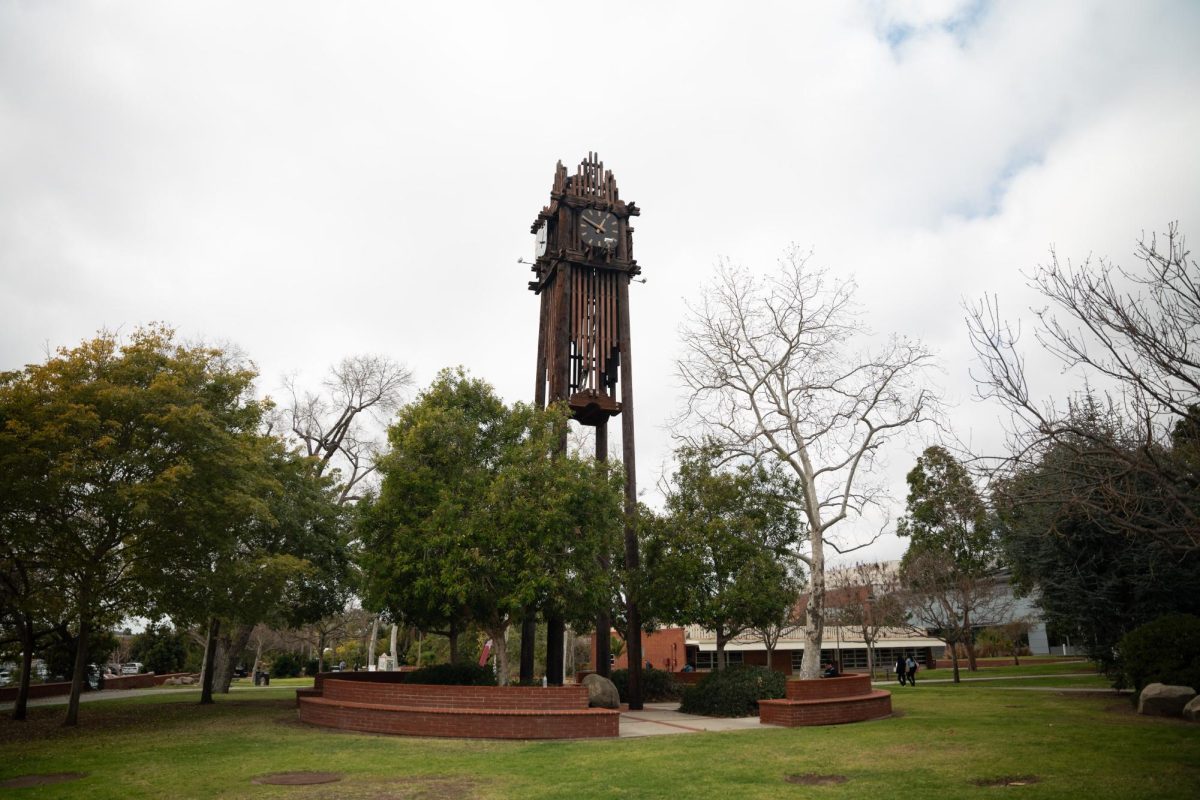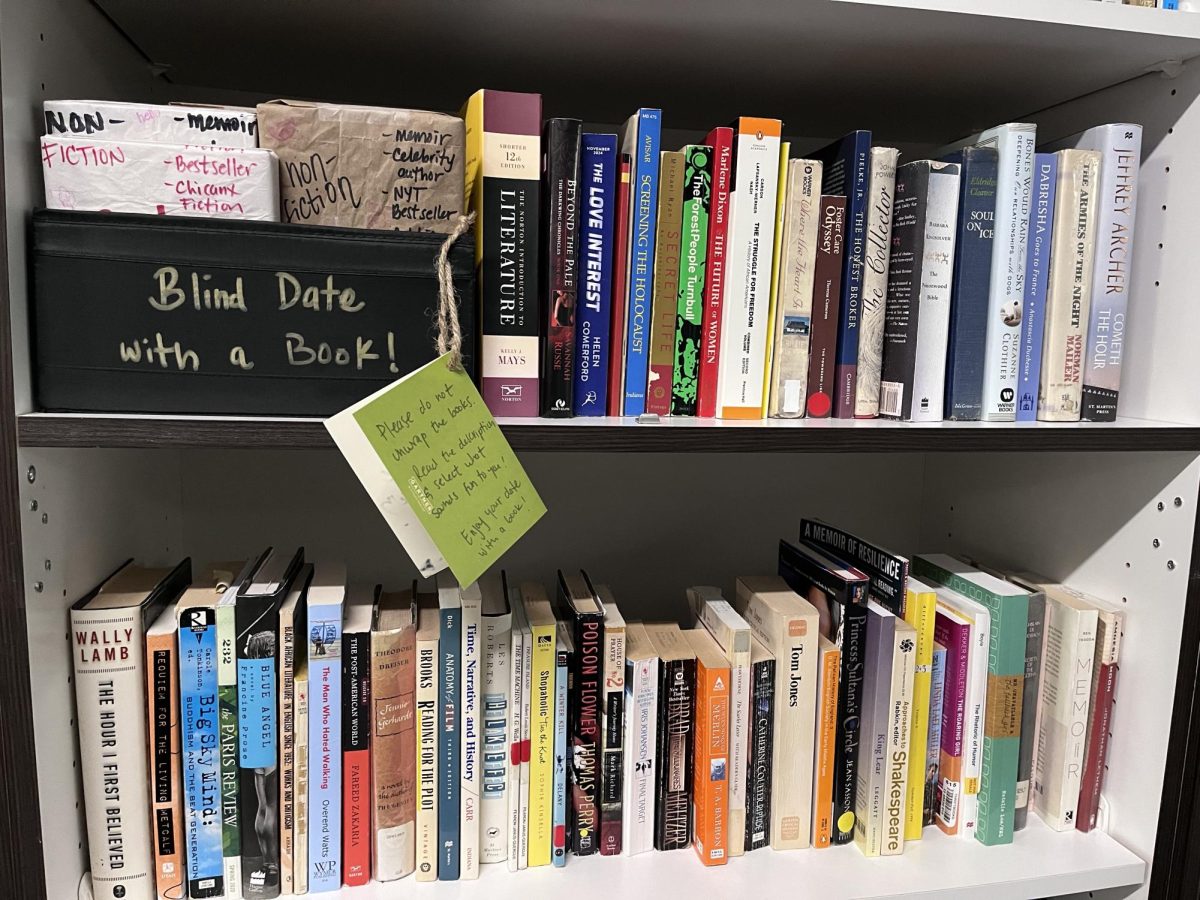Story by Kiera Colarusso
At 66.6%, California had the highest rate of unsheltered veterans in 2018.
Much of the ex-military population is still spending its nights on city sidewalks and underpasses.
The U.S. Department of Housing and Urban Development’s Office of Community Planning and Development released that statistic in its 2018 Point in Time (PIT) report, along with several other startling numbers on the area’s rate of unsheltered veterans.
According to the PIT report, last year, San Diego county had roughly thirteen hundred veterans who lacked permanent housing.
This number stands in spite of a plethora of local programs designed to combat veteran homelessness.
Housing our Heroes (HOH), for example, devotes itself to giving landlords incentives for housing veterans.
Numerous resource centers, such at one at the San Diego public library, have been instituted to help get veterans access to support and any benefits they may be entitled to.
Yet, much of the veteran population is still spending its nights on city sidewalks and underpasses.
According to a recent study published by the San Diego Military Advisory Council (SDMAC), San Diego has the largest concentration of military personnel – and more than half of those transitioning back into civilian life want to stay here following their service.
The PIT report from 2018 found the rate of veteran homelessness in San Diego declined 5 percent in 2018 over the numbers from 2017.
This is potentially due to the county’s many programs designed to keep them off the streets by addressing their specific needs.
The National Center for PTSD found that between 11 and 20 percent of those returning from Operations Iraqi Freedom or Enduring Freedom suffer from some form of post-traumatic stress disorder. Of those using VA health care, fifty-five percent of women and thirty-eight percent of men have experienced sexual harassment in the military.
Traumas like these can make transition back into civilian life a crucial time for veterans’ success after service. Veterans’ programs designed to aid with the specific needs of former military members become critical to preventing homelessness, specifically during transition.
The fall of the homelessness rate in 2018 points hopefully to continual success of these programs.
Veterans Affairs encourages veterans struggling with homelessness, as well as their friends and family, to reach out for assistance. The National Call Center for Homeless Veterans can be reached at (877) – 424 – 3838 for free, confidential access to resources and counseling.




